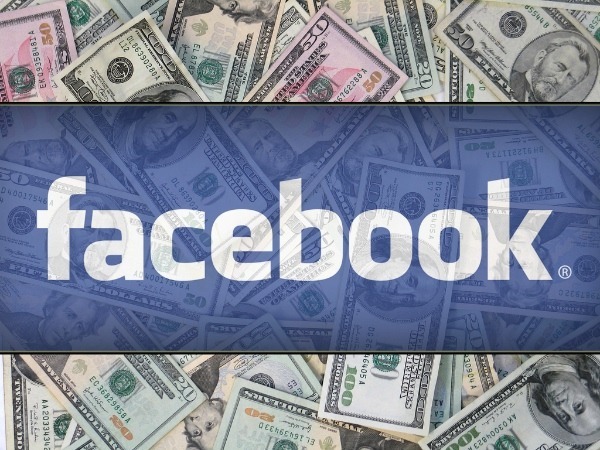 As if Facebook needed new funding.
As if Facebook needed new funding.
Publicly-owned mutual fund investment firm T. Rowe Price has invested $190.5 million in the social networking company, paying $25 a share, according to newly released financial filings.
The documents also confirm part of the rumors from February that Zynga was raising a massive round led by mutual fund giants T. Rowe Price and FIdelity Investments. While no such round has yet closed, T. Rowe has indeed injected a $71.8 million investment in the social gaming giant.
Even crowdsourced reviews site Angie’s List got some love from T. Rowe in the form of $35.4 million.
T. Rowe isn’t exactly new to investing in growth-stage Web companies. The firm contributed to Twitter’s $100 million round back in September 2009, beating famed tech VC firm Kleiner Perkins Caufield & Byers to the punch by over a year. Still, it’s not common to see a mutual fund buying stock in private social networking services.
“The more ground you cover, the more likely you are to find the best opportunities,” explained Ken Allen, who manages the T. Rowe Price Science & Technology Fund.
The new investment in Facebook isn’t just noteworthy for the firm doing the investing, but also because the Palo Alto, Calif. private company doesn’t necessarily need the money.
Barely three months ago, Facebook confirmed having raised $1.5 billion from Digital Sky Technologies (DST) and Goldman Sachs Group in a round that valued the seven-year-old startup at $50 billion. The T. Rowe Price investment presumably closed at a similar valuation, though that hasn’t yet been confirmed.
As small as the new investment stacks up against Facebook’s recent fundraising efforts, the cash is even less substantial for T. Rowe Price, which reported $482 billion in assets under management at the end of 2010.


















